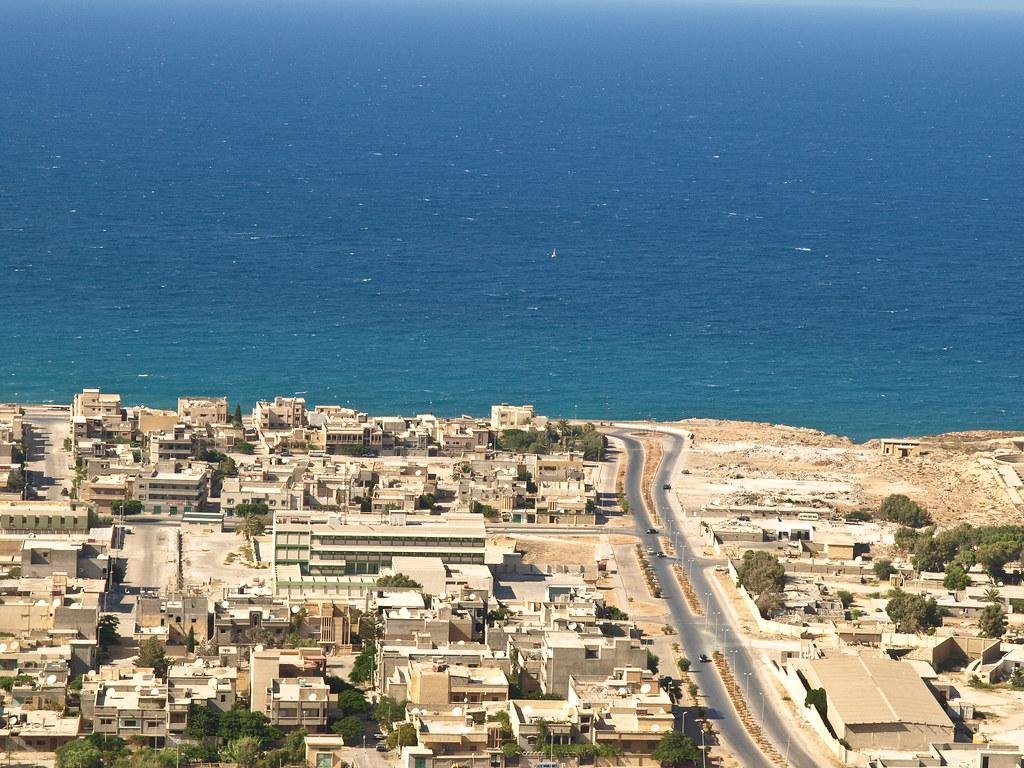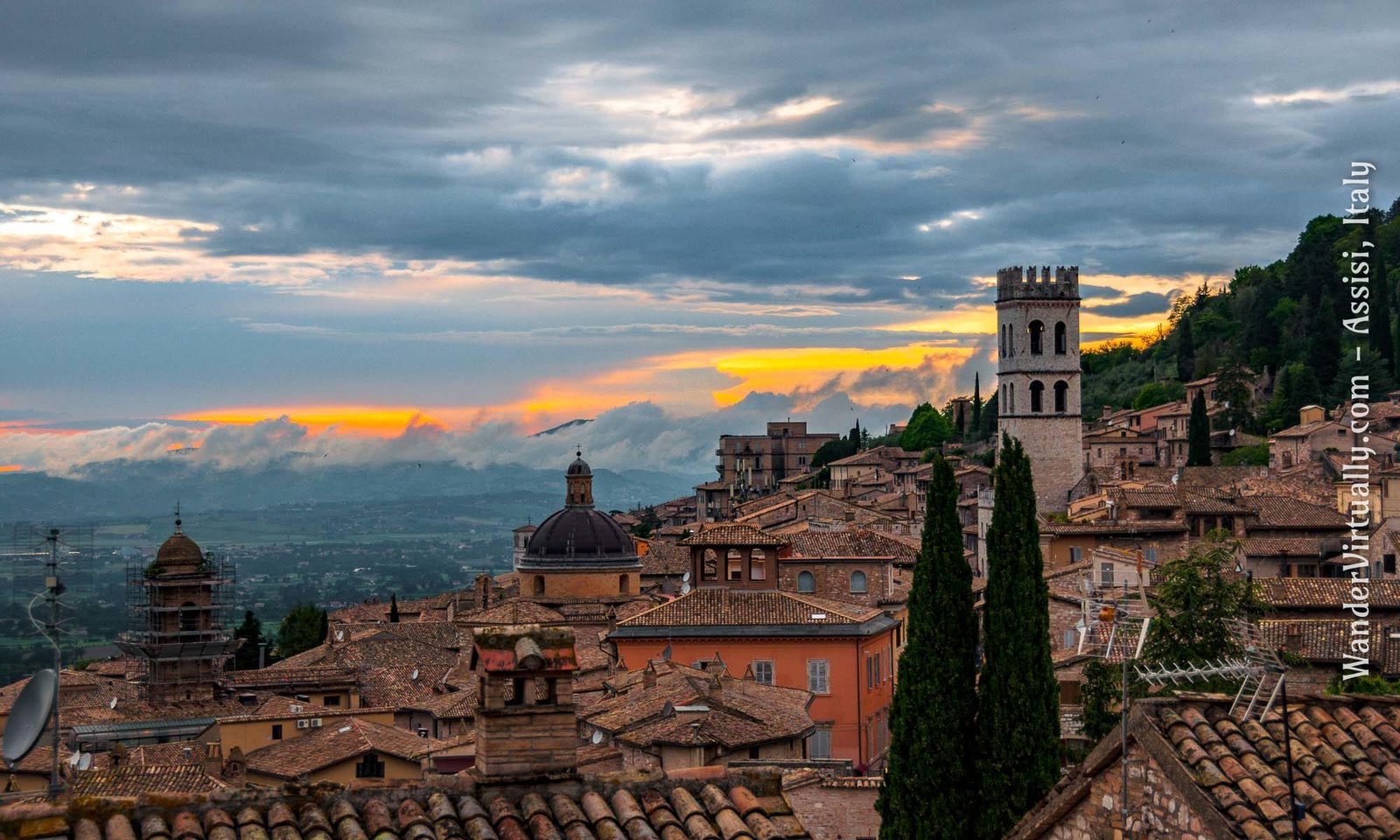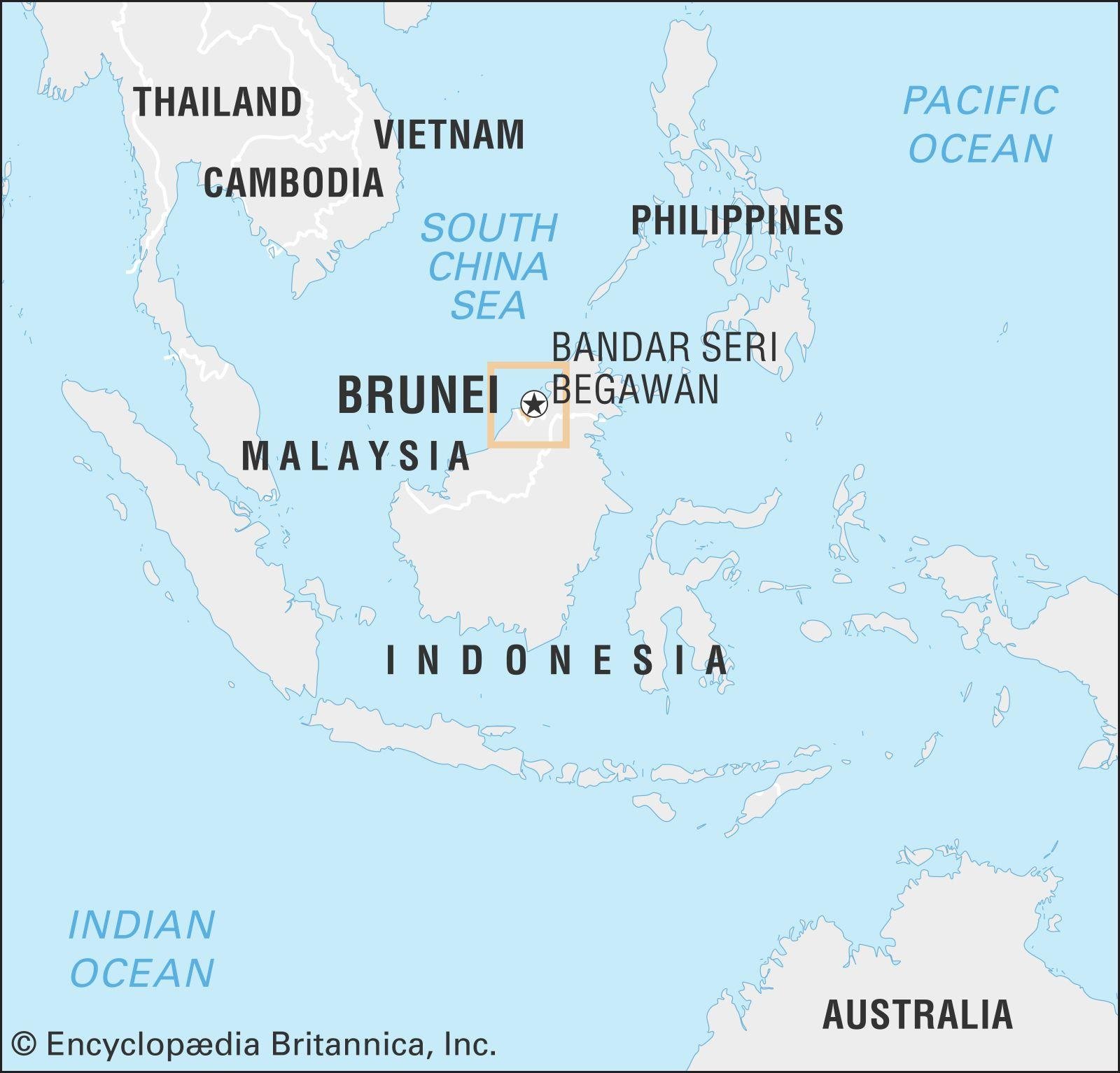Now Reading: Libya
- 01
Libya

Libya
Libya, a country located in North Africa, has a rich history, diverse landscapes, and a turbulent recent past. From its ancient cities and archaeological sites to its vast deserts and Mediterranean coast, Libya has much to offer in terms of culture, history, and natural beauty. However, the country has faced political instability and conflict in recent years, impacting its economy and society. In this article, we will explore the history, geography, and current affairs of Libya, providing a comprehensive overview of this complex nation.
Historical Background of Libya
Libya, situated in North Africa, has a rich historical background that dates back thousands of years. It has been a crossroads of civilizations, influenced by various ancient cultures such as the Phoenicians, Greeks, Romans, and Arabs.
Key historical events in Libya include:
- Berber Civilization: The indigenous Berber people inhabited Libya since prehistoric times, contributing to its cultural heritage.
- Roman Rule: Libya was part of the Roman Empire for centuries, with cities like Leptis Magna and Sabratha flourishing as important trade centers.
- Arab Conquest: In the 7th century, Arab armies conquered Libya, introducing Islam to the region and shaping its identity.

Current Political Situation in Libya
The remains volatile and complex, with various factions vying for power and control in the war-torn country. The ongoing conflict between the UN-backed Government of National Accord (GNA) and the Libyan National Army (LNA) led by General Khalifa Haftar has resulted in a power struggle that has plagued the nation for years.
Amidst the chaos, foreign intervention from countries like Turkey, Russia, and Egypt has further exacerbated the situation, with each nation backing different sides in the conflict. Additionally, the presence of various militias and armed groups only adds to the instability in Libya, making it difficult to achieve peace and stability in the region.
Economic Challenges and Opportunities in Libya
Despite the ongoing economic challenges in Libya, there are still abundant opportunities for growth and development in various sectors. One of the main challenges facing the country is the instability caused by political conflicts, which has negatively impacted the economy. However, Libya is rich in natural resources such as oil and gas, providing a strong foundation for economic growth.
Investment in infrastructure development, particularly in sectors such as energy, transportation, and telecommunications, presents significant opportunities for both local and foreign investors. Additionally, the country’s geographic location along the Mediterranean Sea offers potential for the development of a thriving tourism industry. By focusing on diversifying the economy and creating a more business-friendly environment, Libya has the potential to overcome its economic challenges and emerge as a prosperous nation in the future.
Security Issues in Libya
In recent years, Libya has been plagued by numerous security issues that have destabilized the country and posed significant challenges to its people. One of the major security threats facing Libya is the presence of armed militias and terrorist groups operating throughout the country. These groups often engage in violent conflicts with each other and with the government, leading to a high level of insecurity and instability.
Additionally, the lack of a functioning central government has further exacerbated . With no effective institutions or rule of law in place, the country has become a breeding ground for criminal activities such as human trafficking, drug smuggling, and arms trafficking. This has had a devastating impact on the Libyan people, who are forced to live in constant fear for their safety and security. Overall, addressing these security challenges is crucial for Libya to achieve stability and prosperity for its citizens.
Recommendations for Sustainable Development in Libya
In order to achieve sustainable development in Libya, it is crucial to focus on several key recommendations. One important aspect is to prioritize renewable energy sources such as solar and wind power. By investing in these clean and renewable energy sources, Libya can reduce its dependence on fossil fuels, decrease greenhouse gas emissions, and promote environmental sustainability.
Additionally, it is essential to promote sustainable agriculture practices in Libya. This can be achieved through implementing water conservation techniques, promoting organic farming methods, and investing in agricultural education and technology. By adopting sustainable agriculture practices, Libya can improve food security, protect natural resources, and support the livelihoods of rural communities.
To Conclude
In conclusion, Libya remains a country with a complex history and political landscape. With ongoing challenges such as armed conflict, economic instability, and the struggle for democracy, the future of Libya remains uncertain. It is important for the international community to continue supporting efforts for peace and stability in the region. As Libya continues to navigate its path towards a more secure and prosperous future, it is crucial for all stakeholders to work together towards building a better and more stable Libya for its people.











